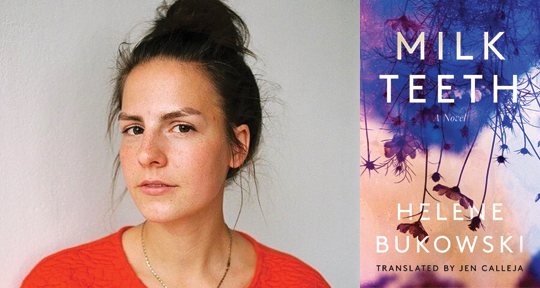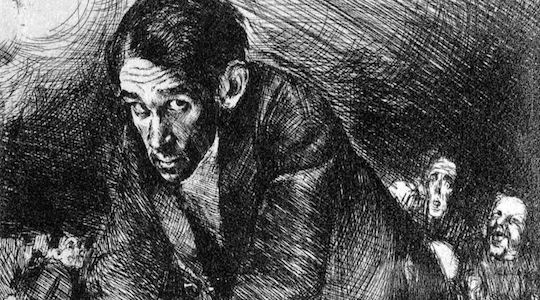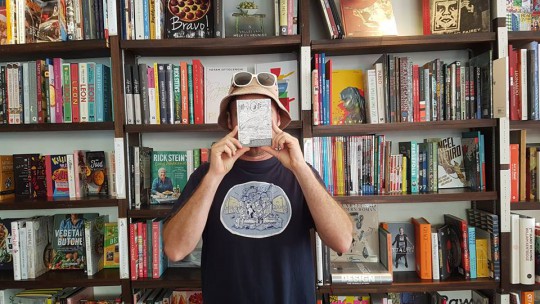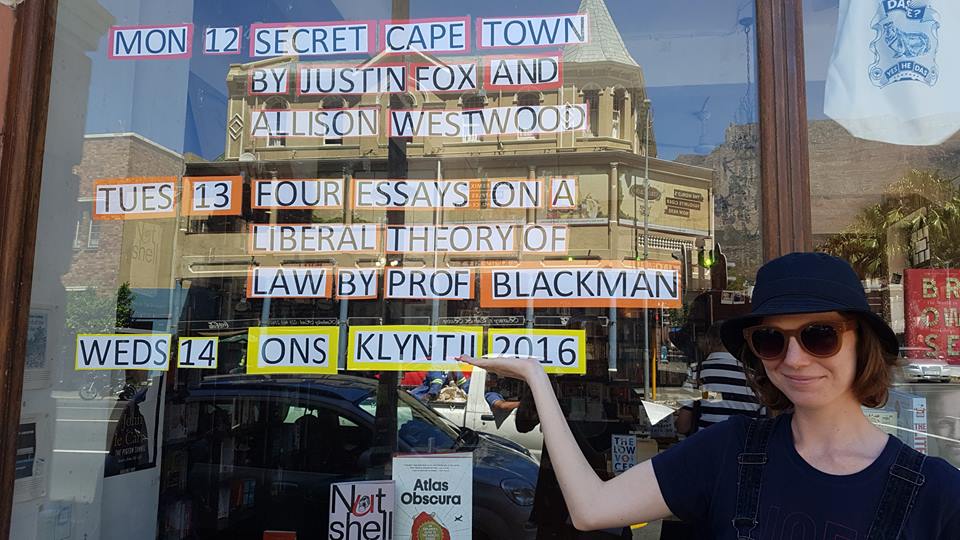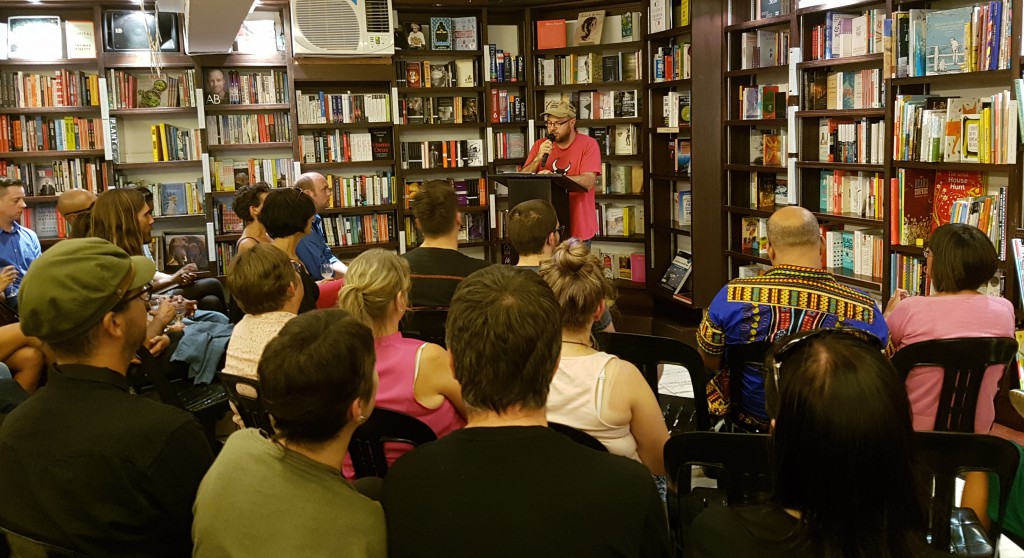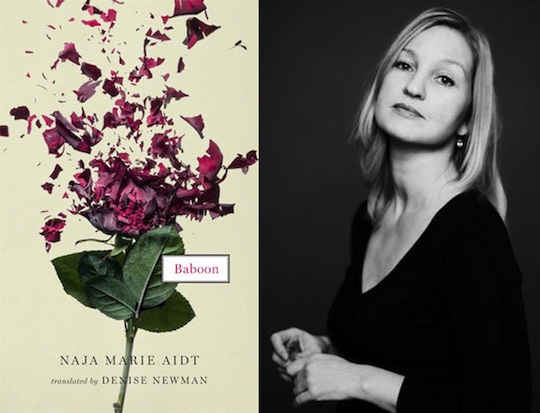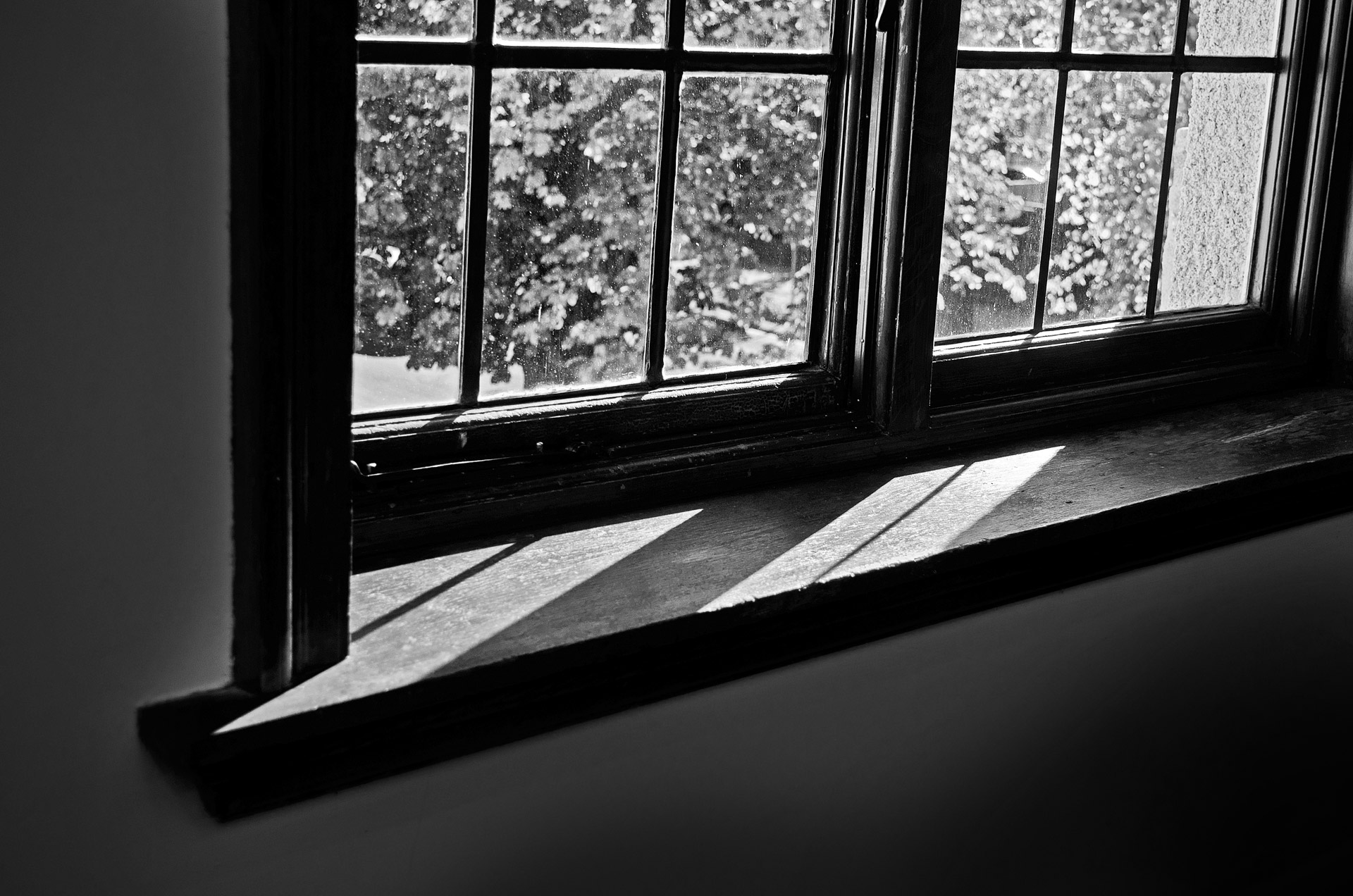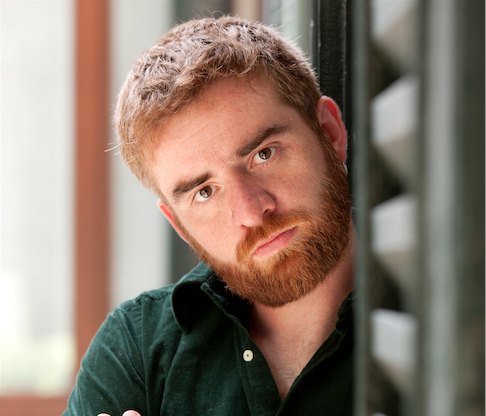Milk Teeth by Helene Bukowski, translated from the German by Jen Calleja, Unnamed Press, 2021
You can’t expect the world to be exactly the same as it is in books.
Milk Teeth is claustrophobic. The silent world of Skalde and her mother Edith is cut off from everything else by fog and a collapsed bridge; civilization has also crumbled, and they reside in its remnants on the edge of a small, loosely-knit group in a so-called ‘territory.’ Edith has arrived in this place as an outsider, so though they are treated with tolerance, still disdain and suspicion dominate their relationships with most of the few people they have any contact with. In this fearful landscape, Skalde loses herself in books—until the day she starts losing her milk teeth, and finds a girl in the forest called Meisis. Thereafter, she slowly finds the strength to rebel against her mother’s neglect, and to question the rules of the society she finds herself in.
As a child, Skalde rarely leaves her house and garden, bringing it to close relevance with our era, and the all-too-familiar confinement common to all of us. The world beyond the river is depicted as a scary, dangerous place that presses at the edges of their small existence, serving as a further reminder that we are living in an increasingly atomised age—an era of isolationism between nations sparked by telltale international shifts to the political right, along with increasingly popular feelings amongst world leaders that their ‘country is an island’—catalysed by COVID.
In the ‘territory,’ the suspicion of outsiders is overarching, echoing the eagerness of some to designate certain groups as responsible for their hardships. Half-truths and disinformation are rife; neighbours judge neighbours, and people are cast out for reasons as trivial as having red hair or failing to lose their milk teeth. The setting—dense fog followed by blazing heat in an indiscernible survivalist purgatory—only adds to the novel’s cloying nature. Reading this during quarantine felt akin to falling through the looking glass into a world only slightly more absurd than our own. READ MORE…

